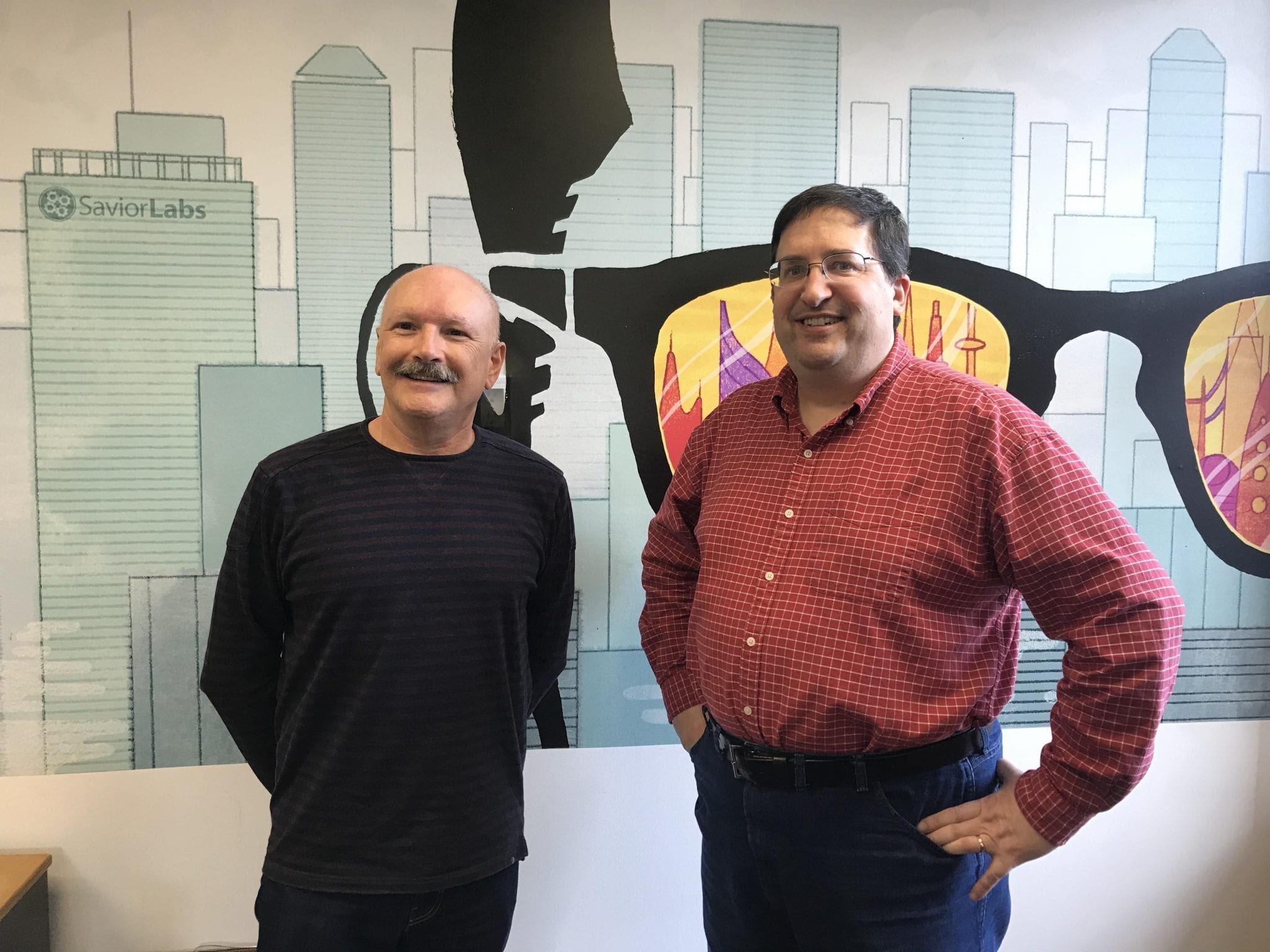On Episode 63 of The Edge of Innovation, we’re talking with entrepreneur Greg Arnette, about some of the latest tech trends and gadgets that are on our radar.

Hacking the Future of Business!

On Episode 63 of The Edge of Innovation, we’re talking with entrepreneur Greg Arnette, about some of the latest tech trends and gadgets that are on our radar.
embedded content Last year we featured StreamNation: a cloud storage solution built with photographers in mind. Well, a few days ago, StreamNation released a new cloud storage tool to the photography world that builds upon their existing services. Called Shutter, it’s a new iOS app that will woo you away from your stock camera app by offering automated and unlimited storage of your media (plus a bunch of other useful sharing features) for free! Coming in with plenty of knowledge on how to build and maintain a private cloud infrastructure, the stStreamNation team has taken almost every detail into consideration in building Shutter. Initially created with the idea of only allowing up to 5GB of media to be stored within the app, StreamNation recanted the limit …
Original Article Can Be Found Here:
New iOS App ‘Shutter’ Gives You Unlimited Cloud Photo Storage Completely Free
When Microsoft announced and launched the original version of Windows Phone, industry insiders had no idea that the operating system would inspire changes across the entire company. It was Windows Phone that brought the flat colorful tiles and gradient-less interface to the masses. It was Windows Phone that first included effortless cloud syncing with SkyDrive. Windows Phone has had such an impact on Microsoft’s software and services that the team in charge of creating Windows Phone now oversees the team that manages Windows. As of late, the synergy between Windows and Windows Phone has started to show some very unique results. Today, Windows Phone 8.1 and Windows 8.1 users can have their Internet Explorer favorites, passwords and accent colors sync across their phone, tablet and desktop PC. …
Original Article Can Be Found Here:
How to copy iOS 8’s Continuity Using Windows Phone 8.1 and Windows 8.1
iRET is an open source tool that you can use to analyze and evaluate iOS applications. The toolkit includes the following features: Binary Analysis where you can check the binary encryption , architecture of the application and if it has stack-smashing protection enabled. Keychain Analysis this to analyze the keychain contents, including passwords, keys, certificates or any sensitive information in the app. Database Analysis this to display all Databases within the application and also the content of the database. Log Viewer to find out all logs stored in the syslog and display logs of the application. Plist Viewer will list the files within the application and makes it easy for user to have the property of each file. Display the application screenshot you are investigating. iRET interface…
Original Article Can Be Found Here:
I hate email. The team at The Next Web can attest to just how often I complain about email. Email is slow, cumbersome, often overwhelming and hard to deal with. There’s just so much of it. I’ve always been bad at email and despite great solutions like Mailbox existing, I’ve never found the perfect iOS email client. Up until recently, I’ve been using the built-in iOS email client to get mail from my four Gmail accounts, mostly because the Gmail app lacks a unified inbox (it’s also pretty slow) and Mailbox, while useful, lacks a desktop app (there’s a beta coming soon) which makes the workflow a little painful. Acompli, which was announced just a few days ago, set out …
See original article taken from here:
Accompli: a Perfect iOS Email App but We Wish it Wasn’t Free